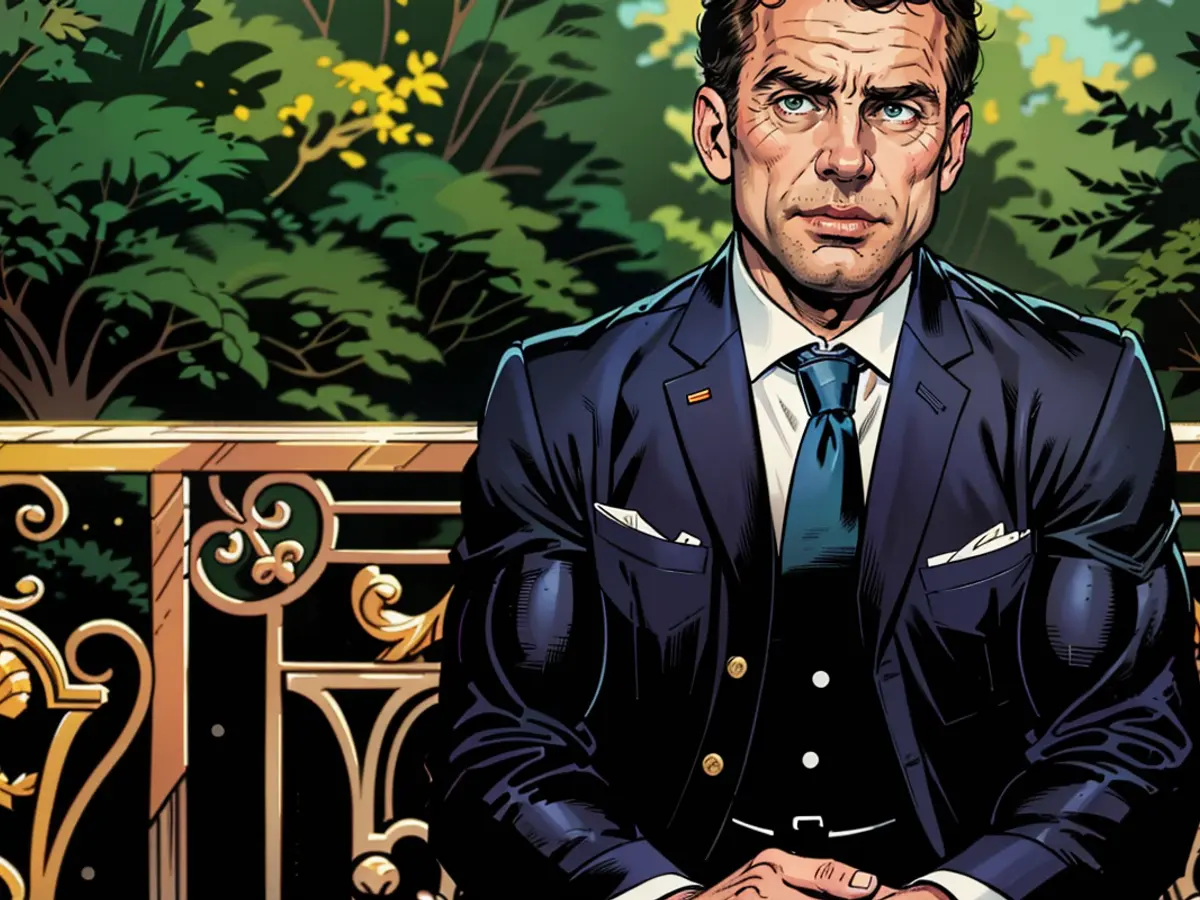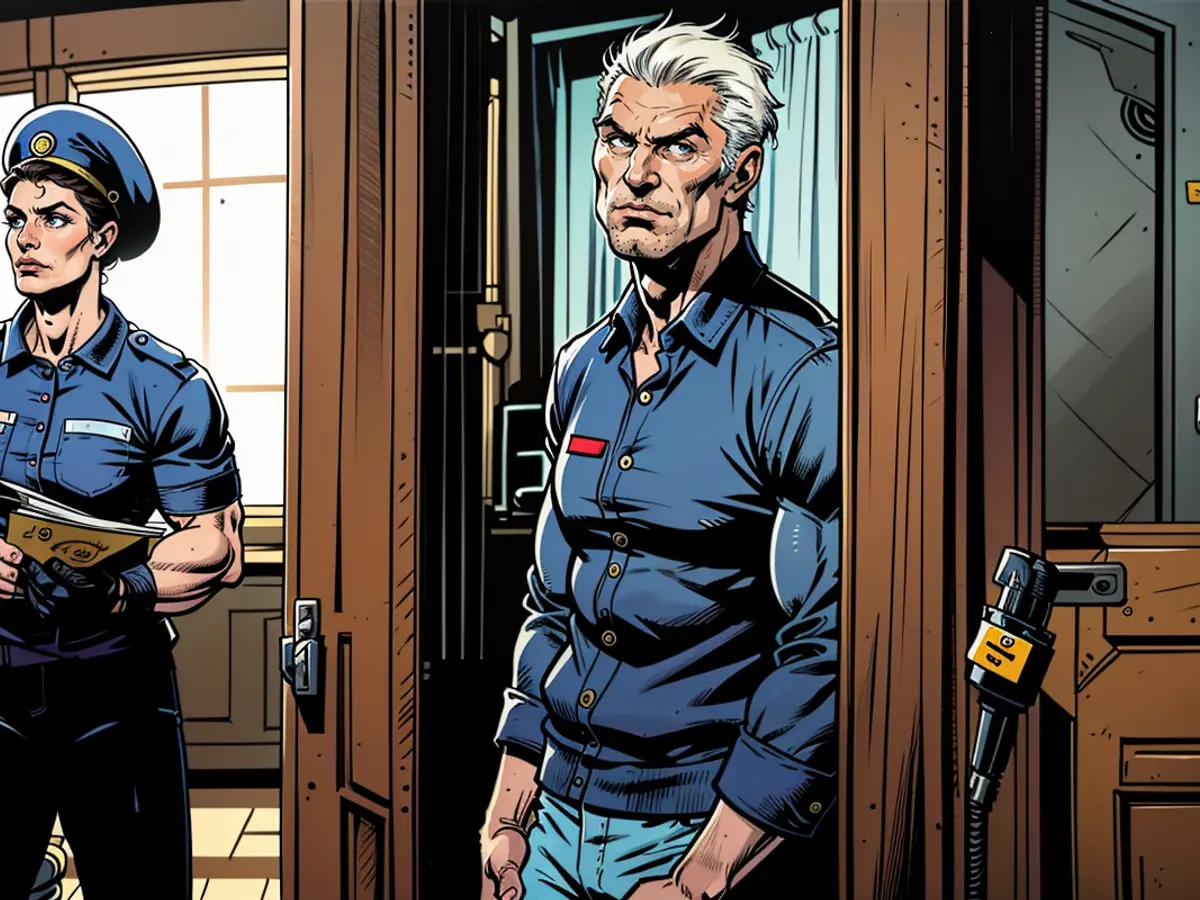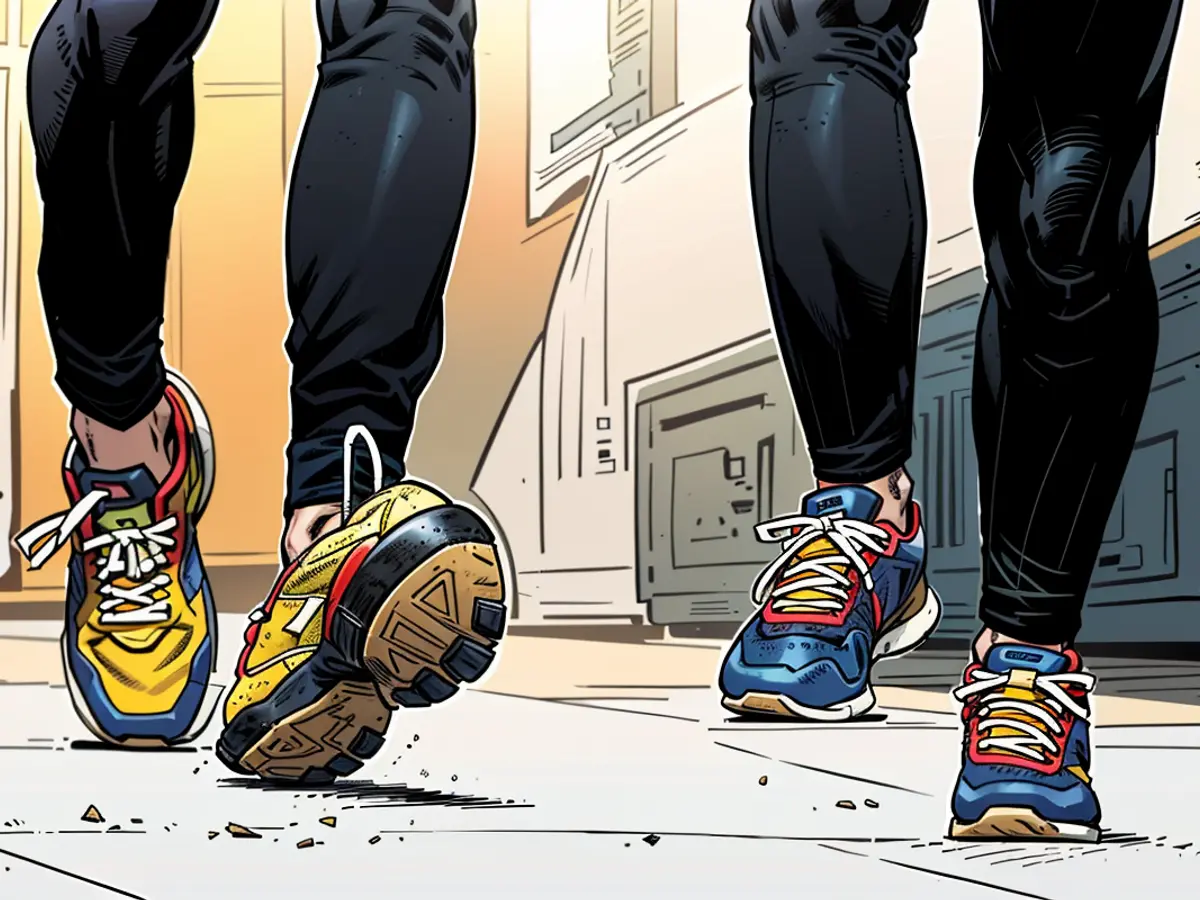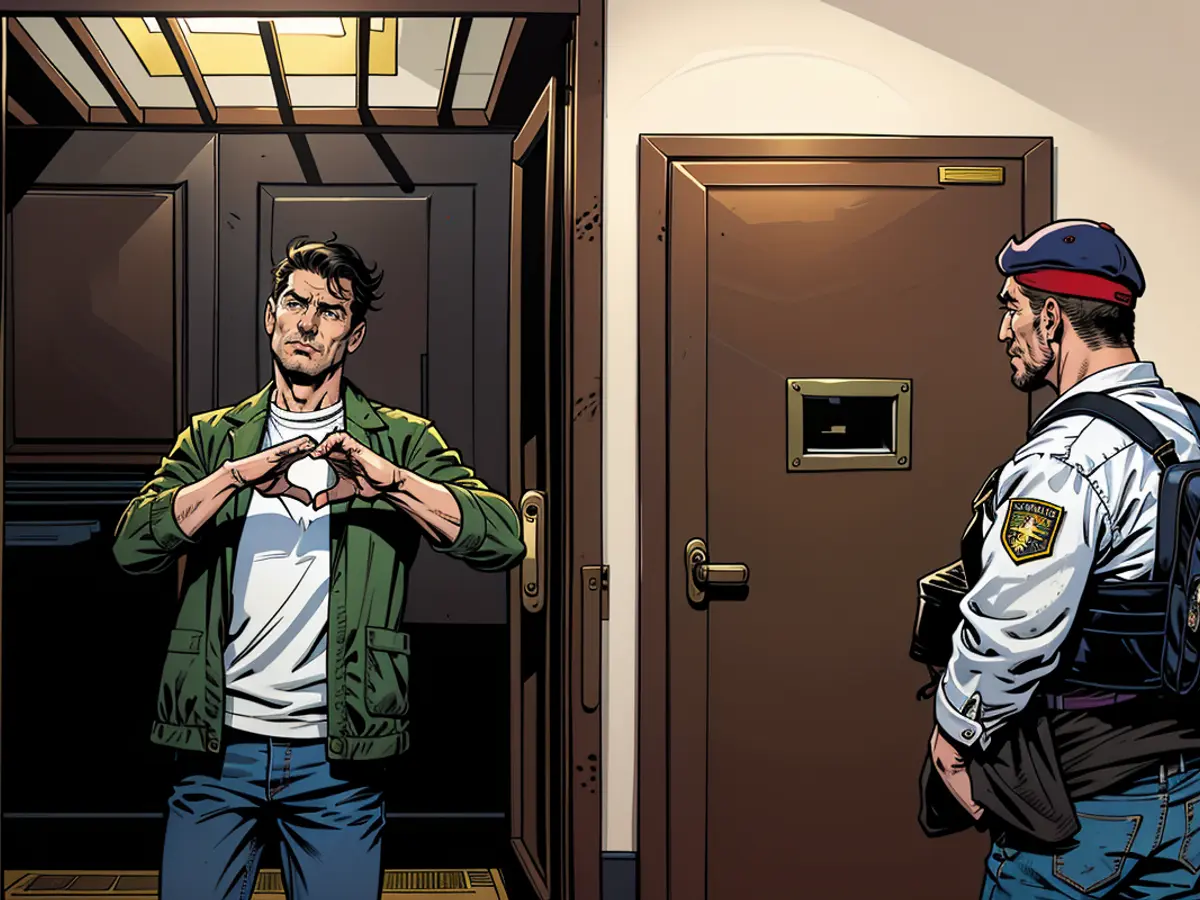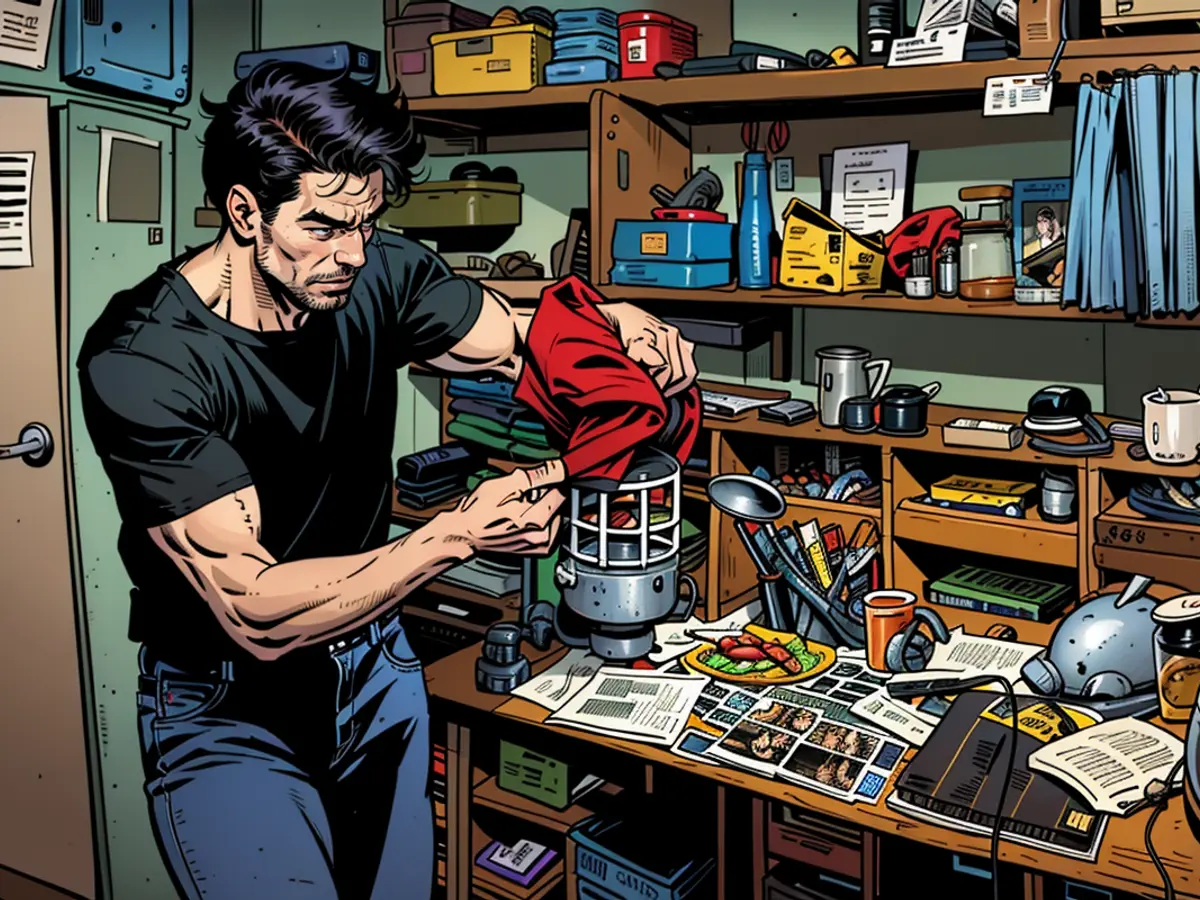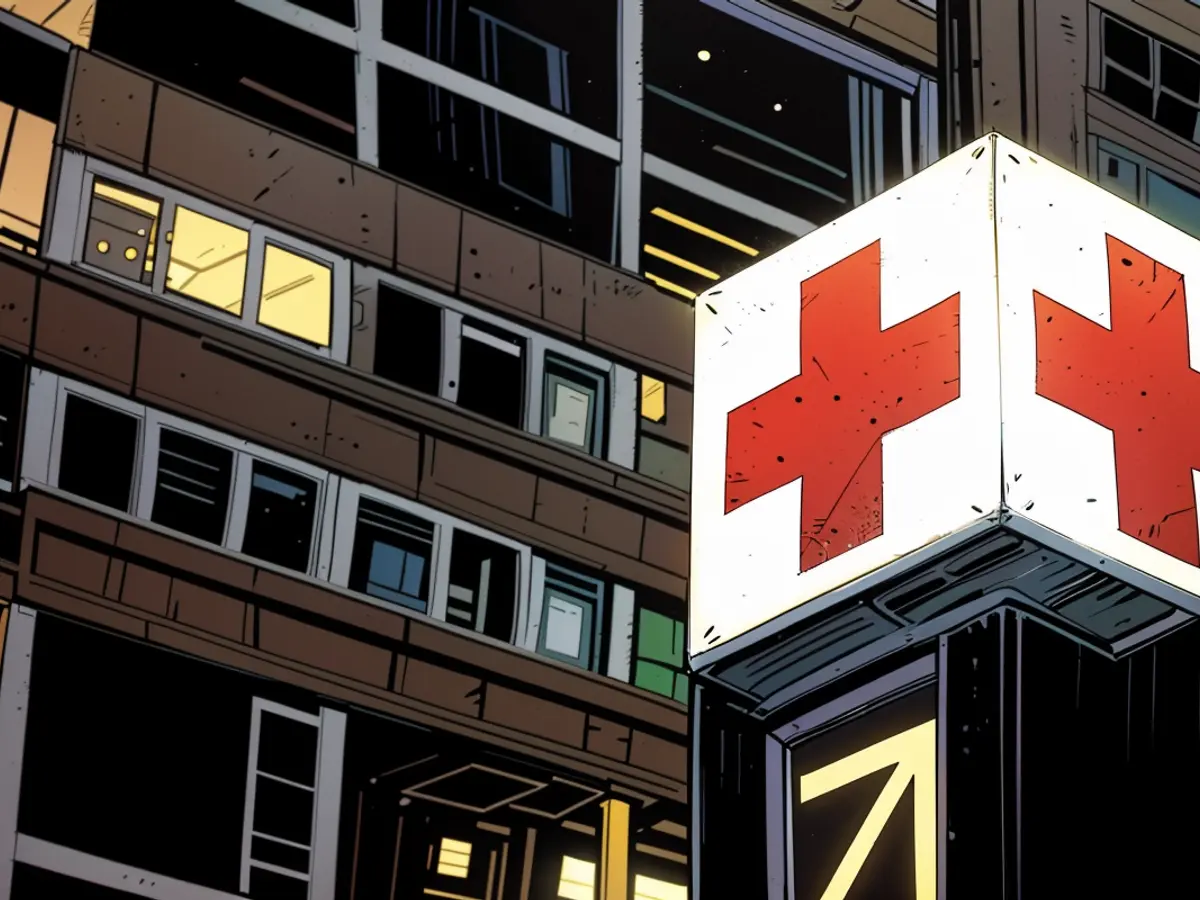France commences brief political campaign following right-wing populists' victory in elections.
Macron's party, Renaissance, faced a significant defeat during the European elections on Sunday. It only received 14.6% of the votes, significantly lower than the right-wing populists of the Rassemblement National (National Rally) who garnered 31.5%. The Socialists followed closely behind with 13.8% of the votes.
In a surprise move, Macron then called for new parliamentary elections on June 30th, just before the commencement of the Olympic Games in France. He declared confidence in the French electorate's ability to make the best decision for now and the future.
RN faction leader Marine Le Pen convened an emergency meeting of her party's top echelons the same evening, announcing their readiness to take on governmental responsibility. Le Pen, who plans to run for president once more in 2027, stated, "We are prepared to assume governmental responsibility." The far-right party Reconquête, helmed by her niece Marion Marechal, has already expressed their readiness for a coalition.
RN MEP Bardella will now lead their party into the parliamentary election. Bardella has been referred to as their potential candidate for Matignon, which denotes the seat of the French Prime Minister.
The clock has started ticking for the parties to organize their election campaigns. They are expected to hold the first round of elections on June 30th, followed by the second round on July 7th.
In the event that the RN seizes a majority, France might witness "cohabitation" for the first time since 1997. This political situation arose when the president and the most powerful political faction in parliament belonged to different political realms, most recently when conservative President Jacques Chirac and socialist Prime Minister Lionel Jospin coexisted.
The government camp, which lost its absolute majority in the parliamentary elections of 2022, immediately entered into election mode on Monday. Foreign Minister Stéphane Séjourné, who serves as the head of Macron's party Renaissance, called for the "mobilization of all republican forces." He will continue to conduct his ministerial duties, notwithstanding the organization of the election campaign.
French Economy Minister Bruno Le Maire considered the approaching parliamentary election as a significant moment in the history of the Fifth Republic. He stated, "This vote will determine what the French nation will be like in the coming years and decades." The stock market in Paris dropped by 2.37% upon learning of the impending election.
The president of the National Assembly, Yael Braun-Pivet, expressed her anxieties about the early elections on French TV. She remains hopeful that the government camp can still forge a "solid majority."
Macron's decision to hold elections holds considerable risk, according to opinions from political analysts. Pollster Céline Bracq noted, "There is a very strong desire amongst the French to reprimand the president."
Following the success of far-right parties in the EU election, leftist parties have been striving to come together. The left-populist party La France Insoumise (LFI) convened a meeting with representatives from the Socialists, Communists, and Greens, as revealed by LFI party coordinator Manuel Bompard. Their purpose was to ensure "unity and clarity." Olivier Faure, the head of the Socialists, advocated the creation of a "people's front" to counter far-right parties. Together, these far-right blocs accounted for almost 40% of the EU election votes.
Now that the campaign is underway during the peak of Olympic Games preparations in France, starting at the end of July, Paris Mayor Anne Hidalgo proclaimed her concerns about the National Assembly's disbandment before the sporting event. Despite that, she guaranteed that "nothing will disrupt the games." President of the International Olympic Committee (IOC), Thomas Bach, also asserted that the election would have no repercussions on the sporting event.
